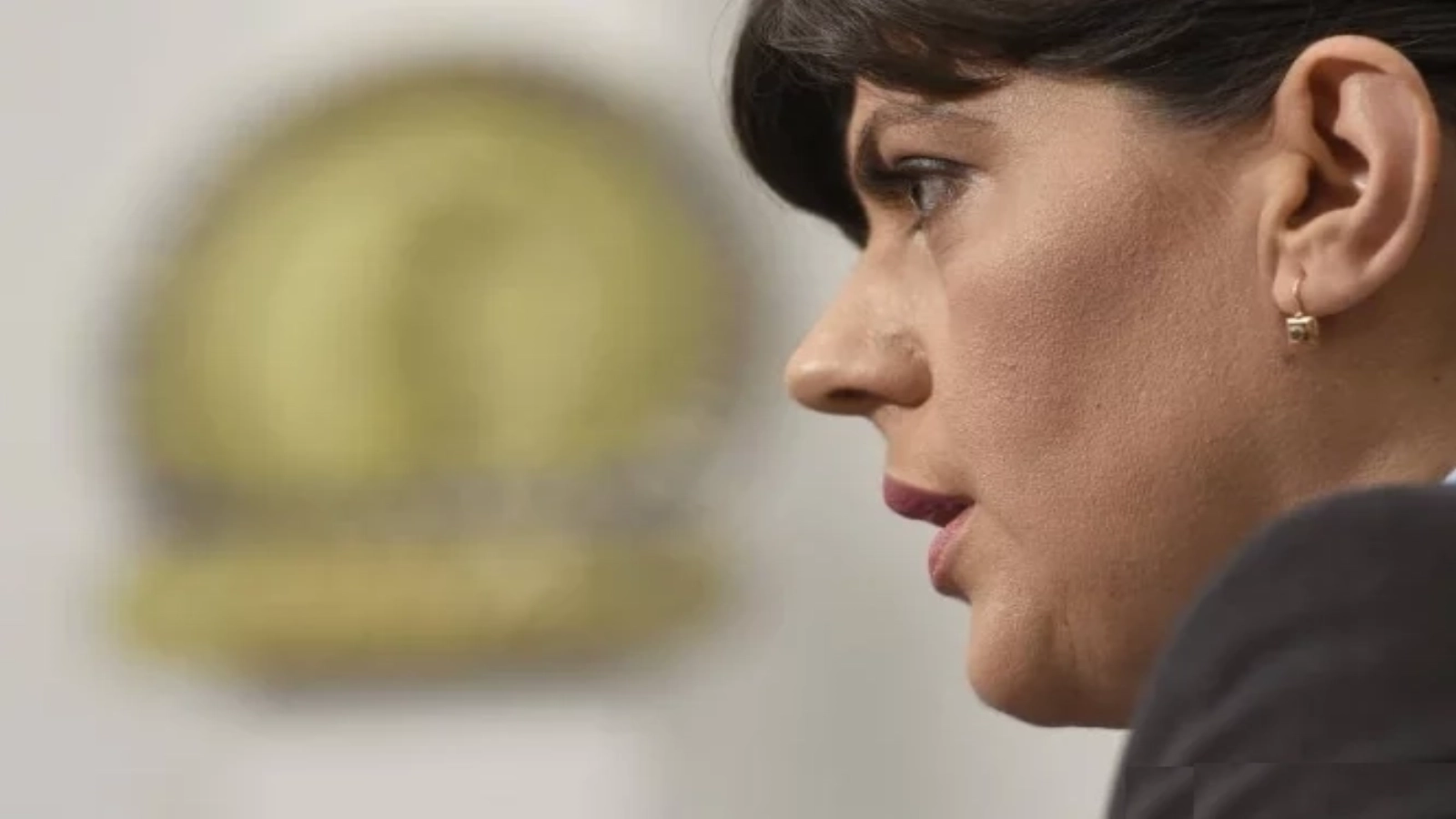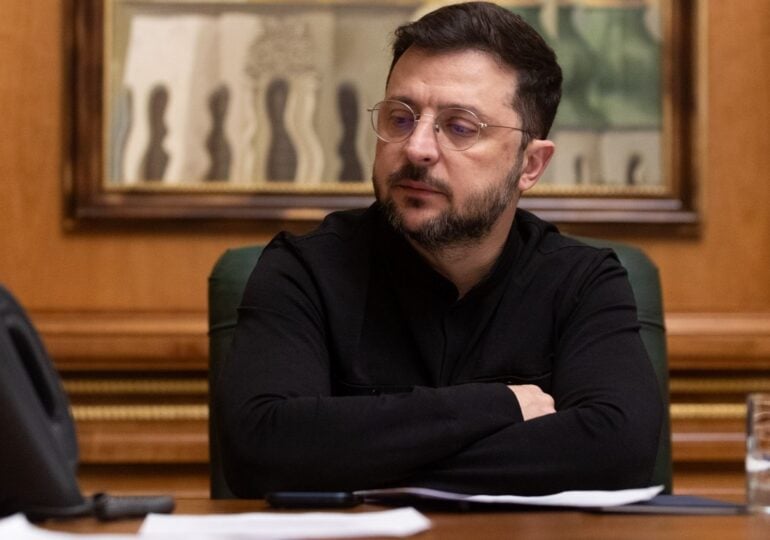Chief Prosecutor of Romania's National Anti-Corruption Directorate (DNA) Laura Codruta Kovesi said on Thursday at an event in Vienna that the greatest challenge now is preserving the independence of magistrates in Romania, adding that if a law currently under consideration on their statutes passes through Parliament, it will "seriously affect" judicial independence while establishing "political control" over the activity of prosecutors.
According to a DNA press statement, Kovesi was invited to participate in a special event called "Revisiting the Jakarta principles: strengthening anti-corruption agencies' independence and effectiveness," organised at the 7th session of the Conference of the States Parties to the United Nations Convention against Corruption (UNCAC).
"Before the attending anti-corruption leaders, anti-corruption officials, practitioners and anti-corruption experts from around the world, the chief prosecutor of the DNA delivered a speech titled 'Protecting DNA independence: Relevance of the Jakarta principles,' in which she underscored the prerequisites for achieving credible and real results in the fight against corruption: judicial independence, a specialist anti-corruption organisation, as well as legislation providing investigative tools. Kovesi also highlighted two valences of independence - judicial independence in interactions with the Executive and the Legislature, as well as individual independence of the prosecutors within the internal hierarchy."
Kovesi mentioned that since 2013, DNA has brought to court 68 dignitaries: a prime minister, two deputy prime ministers, 11 ministers and former ministers, 39 MPs, 14 senators and one MEP.
Of these, 27 have been sentenced under final and binding sentences for corruption and related offences: five ministers, 17 MPs, four senators, and one MEP.
"The recovery of damage incurred by crimes is an important part of the DNA causes. Over the same period, DNA has ordered liens on assets worth more than two billion euros. These results would no longer be possible if prosecutors in Romania were no longer independent," said Kovesi.
According to DNA, Kovesi proposed an "imaginative exercise".
"If prosecutors were working under the authority of the Executive, how could they open their investigations of a member of the Government or a state secretary or other important person who is also a member of a political party? Is the investigation fair and unbiased? Would there be any guarantee that there would be no repercussions on the magistrate who opened or completed the investigation? If prosecutors were working under the authority of Parliament, would there be investigations of MPs or senators?"
According to her, "the greatest challenge now is preserving the magistrates' independence." "These days a law on the statutes of magistrates is being debated in the Romanian Parliament, which, if approved, will seriously affect judicial independence and establish political control over the activity of prosecutors. Therefore, the Jakarta recommendations are getting increasingly more relevant," said Kovesi.
On November 26-27, 2012, current and former heads of anti-corruption agencies (ACAs), anti-corruption practitioners and experts from around the world gathered in Jakarta at the invitation of the Corruption Eradication Commission (KPK) Indonesia, the United Nations Development Programme (UNDP) and the United Nations Office on Drugs and Crime (UNODC) to discuss a set of "Principles for Anti-Corruption Agencies" to promote and strengthen the independence and effectiveness of ACAs.
Among the Jakarta principles are the following: ACAs shall, in accordance with the basic legal principles of their countries to ensure continuity of the ACA; ACA heads shall be appointed through a process that ensures his or her apolitical stance, impartiality, neutrality, integrity and competence; ACA heads shall have security of tenure and shall be removed only through a legally established procedure equivalent to the procedure for the removal of a key independent authority specially protected by law (such as the Chief Justice). AGERPRES .
DNA's Kovesi in Vienna: If law on magistrates clears Parliament, it will seriously affect judicial independence
Articole Similare

12
Dogioiu: A government in crisis conditions is not one that brings electoral points, it is naturally a political erosion
12

11
Social Democratic Party asks gov't partners to abandon 'simplistic' austerity
11

17
PM Bolojan, Commissioner for Justice McGrath meeting, with magistrates' pension among topics
17

14
Coast Guard: Metal debris on Tuzla beach appears to be from unmanned aircraft
14

10
EBRD takes over 5pct in Electro-Alfa International on EUR 16.4 million in IPO
10

13
BrancusiYear/'The Infinite Walk/Immersive tribute to Constantin Brancusi,' at "BRIGHT. Festival of Lights" in Brussels
13

14
Euro trades at RON 5.0934
14

13
JusMin Marinescu, European Commissioner for Justice McGrath discuss recent developments in judiciary
13

18
President Dan on joining Peace Council: We are still in talks with the American side
18

21
Romanian consumers overwhelmed by fear of war, economic instability (study)
21

16
First hyperbaric chamber in Romania built with 5 million euros European funds
16

25
Culture Minister pays visits to Peles Castle and Bran Castle; several urgencies remain unresolved
25

9
Romania, Greece sign memorandum to strengthen cooperation in energy field
9



















Comentează